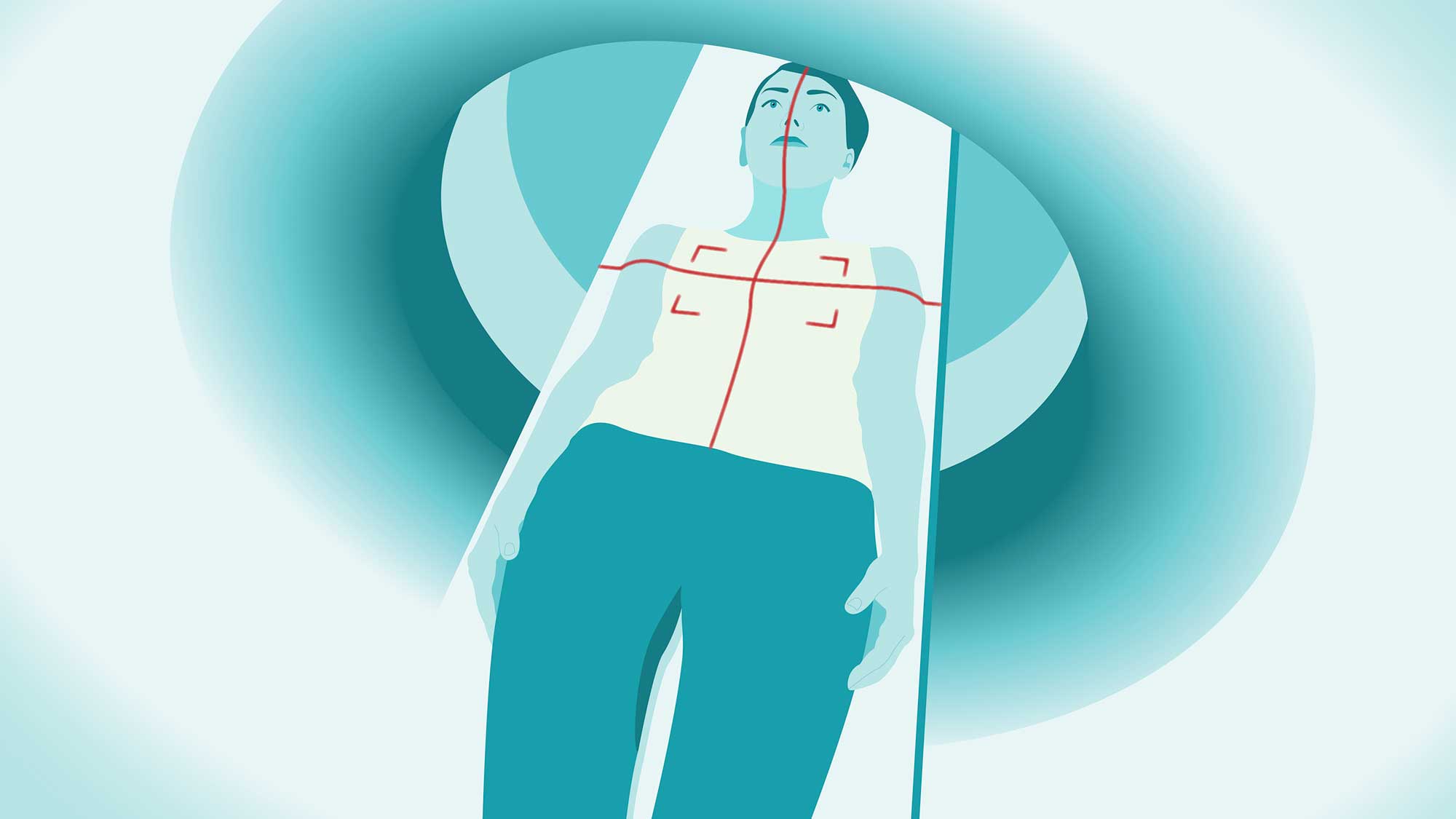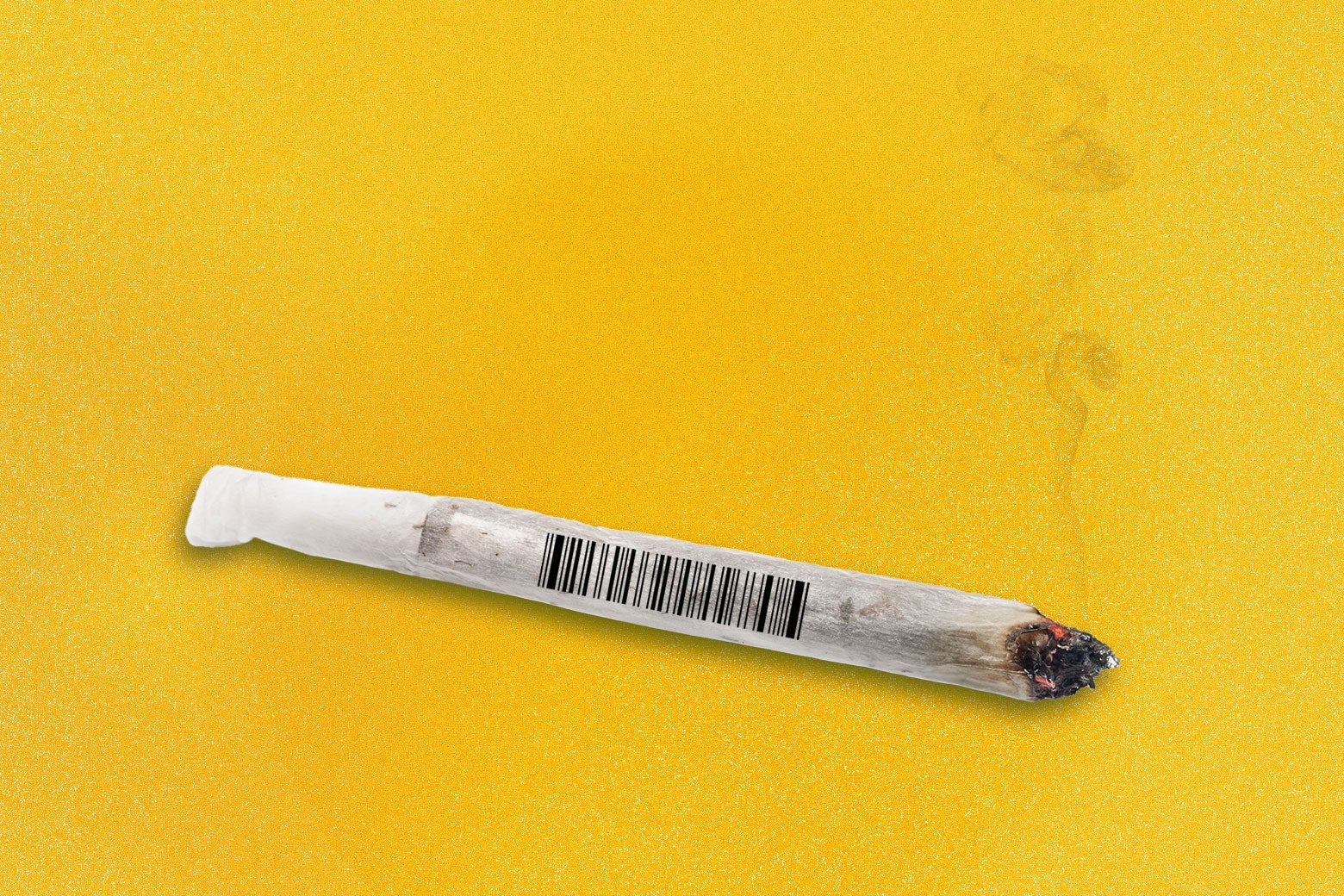Supreme Court to Hear Affordable Care Act Case Amid Controversy Over Preventive Services

In a significant legal showdown, President Donald Trumps Justice Department is poised to defend the Affordable Care Act (ACA) before the Supreme Court, marking a stark departure from its previous stance during his initial term. Back then, the Trump administration actively sought to repeal the ACA in Congress and refused to defend it against challenges mounted by Republican-led states. Now, the Justice Department's pivot signals a new chapter in the ongoing battle over one of the most pivotal pieces of health legislation in U.S. history.
The current case revolves around mandates that require certain preventive services to be offered without any cost-sharing, a policy that plays a crucial role in providing millions of Americans with essential healthcare that could include cancer screenings, cardiovascular medications, and preventive treatments for those at risk of HIV. The implications of a favorable ruling for the federal government could significantly enhance the authority of Health and Human Services Secretary Robert F. Kennedy Jr. in determining these health requirements.
Kennedy has recently instigated a major overhaul of the health agency, which includes mass layoffs and ambitious plans to consolidate its various functions under a newly proposed entity dubbed the Administration for a Healthy America. His approach has raised questions about the future of public health recommendations, as he has publicly challenged numerous established guidelines. A victory in this court case could empower Kennedy to directly influence at least one expert panel that shapes these critical policies.
On Monday, the Supreme Court justices will deliberate the legality of coverage mandates established by the U.S. Preventive Services Task Force (USPSTF), a body designed to issue recommendations insulated from political pressures. The outcome of this case holds significant consequences for millions of Americans who rely on cost-free preventive services such as essential screenings for various cancers, cholesterol checks, and preventative medications like PrEP, which helps prevent HIV infection.
Georges Benjamin, the executive director of the American Public Health Association, emphasized the importance of cost-free coverage, stating that the requirement for cost-sharing has acted as a formidable barrier to accessing necessary healthcare. Its about enabling more people to get routine checks, vaccinations, and screenings that can prevent serious health issues, he remarked during a press briefing held by the advocacy group Protect Our Care.
This legal battle is part of a broader wave of conservative legal challenges targeting the ACA, although it does not aim to dismantle the landmark healthcare reform itself, which has provided insurance coverage to tens of millions of Americans. The challengers assert that the mandates are unconstitutional, arguing that they originate from a task force whose members were not confirmed by the Senate, thus violating the Appointments Clause.
If the Supreme Court rules in favor of the federal government, the current mandates will remain in place for the time being; however, the ongoing dispute about how these mandates are formulated will likely persist, both in legal arenas and under Kennedy's potential influence over the ACAs requirements.
Legal expert Andrew Pincus, who filed an amicus brief supporting the mandates on behalf of the American Public Health Association, pointed out, Even if the Supreme Court preserves these services, the underlying issue regarding the Secretary of HHSs authority remains unresolved. His comments highlighted the critical question of whether HHS will prioritize scientific recommendations from the task force or pursue an alternative agenda.
The lawsuit, initiated during the closing days of the Trump administration, was filed by a Texas business and other plaintiffs who sought exemption from covering specific preventive servicesincluding the PrEP medicationson the grounds of religious and moral objections. Represented by Jonathan Mitchell, a prominent conservative attorney known for engaging in contentious legal battles, the plaintiffs argue from a standpoint of religious liberty, although their claims have been separated into distinct legal proceedings.
In the current proceedings, the focus is primarily on the constitutional implications of the Appointments Clause concerning the Preventive Services Task Force. Lower courts have largely sided with the challengers regarding this clause, but only in relation to one of the three entities that issue health recommendations under the ACA.
Meanwhile, Kennedy has expressed his dissatisfaction with another advisory panel, the Advisory Committee on Immunization Practices (ACIP), which oversees vaccine recommendations. He has criticized the committee for its close ties to vaccine manufacturers, raising concerns about its impartiality. As HHS Secretary, Kennedy possesses the authority to alter the composition of this committee.
As the Supreme Court prepares to hear arguments on the role of the HHS Secretary in determining which recommendations from the USPSTF become binding mandates, the administration argues that the task force members are considered inferior officers. This designation places the responsibility squarely on the Secretary to decide which recommendations will ultimately carry legal weight.
As the stakes grow higher, the Justice Departments arguments reflect a continuity with the previous administrations legal strategy, although the ideological landscape has shifted considerably. Nicholas Bagley, a law professor at the University of Michigan, noted that while the current administration's legal approach remains justifiable, it is now intertwined with Kennedys unconventional medical views. The upcoming Supreme Court ruling will not only impact the future of preventive services but will also define the direction of public health policy in the United States.


























